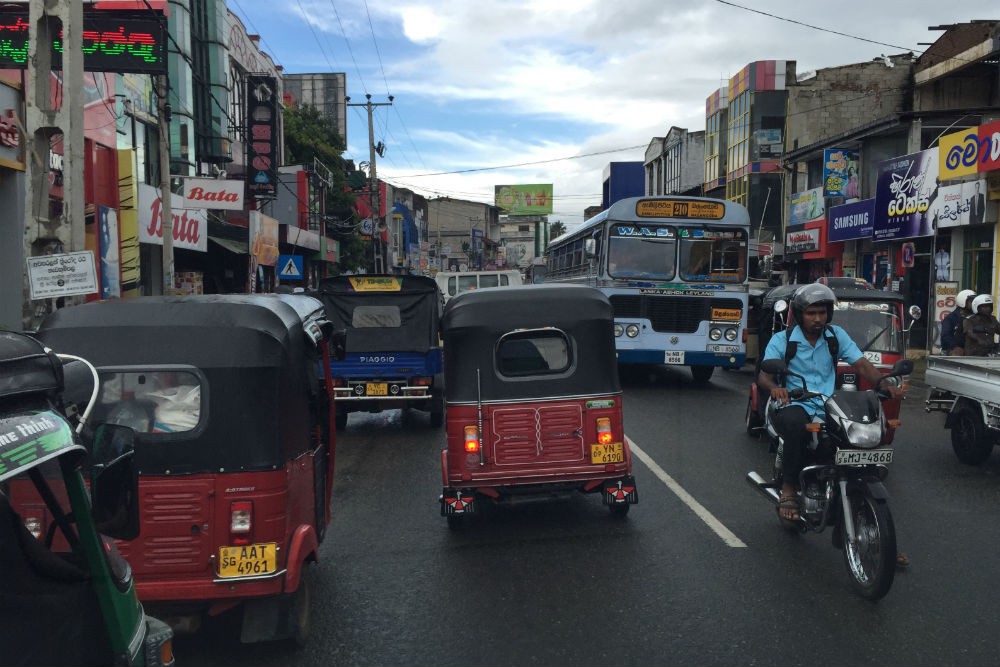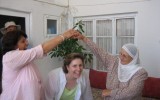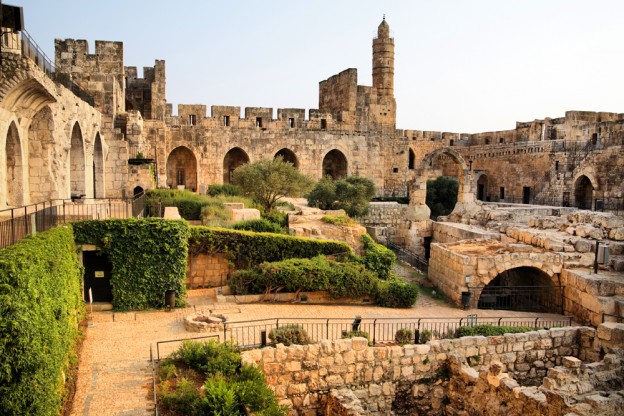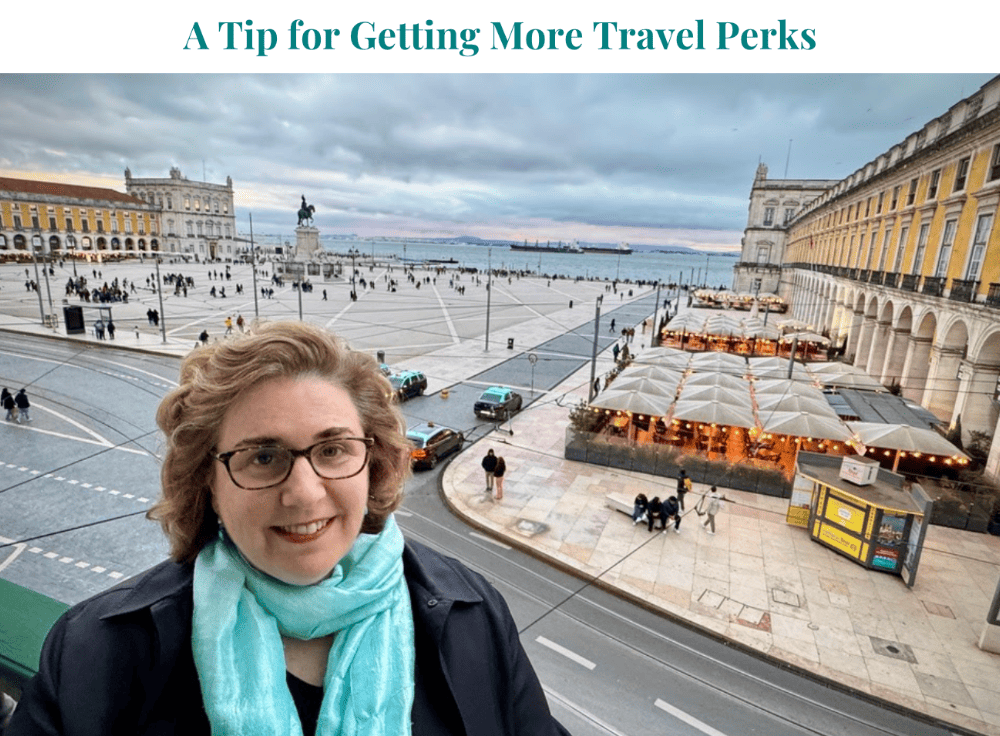The past few years have underscored that we’re living in a world where anything can happen anywhere at any time—at hotels in Sri Lanka on Easter Sunday, at a country music festival in Las Vegas, on a bridge in London, at a celebration on the French Riviera, at a Christmas market in Berlin, in a theater in Paris, at the airport in Istanbul, at a shrine in Bangkok, in a hotel in Mumbai, at a nightclub in Orlando, at a marathon in Boston, in a skyscraper in Manhattan….
The answer is not to stop traveling, or to avoid huge swaths of the globe out of a misperception that your risk is greater there than anyplace else. The answer is to keep traveling, to make friends around the world, and to be a thoughtful ambassador for your country.
Of course, while your head may agree with me, your gut may be apprehensive. You may be making travel plans—or trying to—and you can’t help but wonder: If I go, what is the risk that I will get caught in a terror incident? How do I minimize that risk? If I can’t minimize it, how do I get over my fear?
I believe the solution is to put your risk in perspective. Here’s how:
1. Grasp how minuscule the statistical probability is of getting caught in a terror attack abroad.
According to the U.S. State Department, the number of U.S. citizens killed overseas by incidents of terrorism from 2001 to 2014 was 369; compare that number with the 3,043 killed inside the U.S. by terrorism during the same period. In terms of street crime and gun violence, most of the U.S. cities we live in are statistically more dangerous than the places we visit abroad. Your risk of being killed in a car crash (one in 19,000), drowning in your bathtub (one in 800,000), or being killed by lightning (one in 10 million) far exceed your risk of dying from terrorism (one in 20 million).
2. Don’t confuse the probability of a terrorist attack with the probability of becoming the victim of a terrorist attack.
Is it virtually certain that there will be another terrorist attack in Europe in the next 12 months? Yes. Does that translate into a high degree of risk for the individual traveler to Europe? No.
3. Know where the real dangers lie.
When planning a vacation, we tend to worry more about spectacular risks—whether a terrorist attack or an epidemic of norovirus on a cruise ship—than about boring risks like, say, overexposure to the sun, even though one in five Americans will develop skin cancer in the course of a lifetime. Remember that the single biggest cause of death for Americans traveling overseas is motor vehicle accidents. (Terrorism is #7, after incidents such as suicide and drowning.)
4. Understand the reasons why your fear of a terrorist attack is out of proportion to the risk.
There are psychological reasons why we are more afraid of terrorist attacks than logic would dictate. We’re more afraid of risks that are new and unfamiliar than of those we’ve lived with for a long time (e.g., heart disease, which accounts for one in every four deaths in America each year). We’re more afraid of risks that kill us in particularly gruesome ways—say, a plane crash, a shark attack, or the Ebola virus—than in mundane ways. We’re less afraid of risks we feel we have some control over, such as skiing and driving, even if it’s only the illusion of control. (Most people think their driving is safer than it actually is. We’re all one text message away from death on the road.) We’re more afraid of human-made dangers than of those with natural causes, such as solar radiation or earthquakes. We’re more afraid of risks that are highly publicized, especially on television, and those that involve spectacular events. One incident with multiple deaths has a much greater impact than many incidents each involving a single death. That is one reason why we fear plane crashes more than car crashes (even though the latter are far more likely).
5. Don’t focus so much on unlikely risks that you ignore common risks that are far more likely to hurt you.
Frightened people make dangerous choices. As an example, after 9-11, people chose to drive rather than to fly. As another example, cruisegoers may be so focused on washing their hands frequently in order to avoid norovirus that they forget to reapply their sunscreen. Or, here’s a personal example: When I was in Istanbul shortly after 9-11, I opted for a small, locally owned hotel in a quiet part of town far from the U.S. Consulate. I figured a Western chain near the main square, or a hotel next to the Consulate, was more likely to be a terrorist target. But every night I kept having to hail a taxi to that small hotel, and the drivers kept getting lost en route–one even got a flat tire and left me on the side of the road—and it was dark on that inconspicuous street in a quiet part of town. My point is: The miles it took to reach my hotel every night raised my risk more than the likelihood of a terrorist attack at a Western chain near the Consulate would have.
6. Appreciate that what’s bothering you is not risk itself but your uncertainty as to the degree of it.
The problem you face as you try to plan a vacation is that you don’t know what your risk is or how safe one country (or concert venue) is versus another. We try to weigh the risk of one destination over another by looking at the historical record of violent incidents there. What’s tricky right now is that we don’t know how relevant the historical record is. Will the future be different than the past? We don’t know. Even when you can’t know the degree of risk, though, you can…
7. Lessen those risks you do have some control over.
You can say to yourself: “What is the likelihood of the situation affecting my trip? Pretty tiny.” And you can lessen those risks you do have some control over. You can drive very carefully on your way to the airport.
Be a smarter traveler: Follow Wendy Perrin on Facebook and Twitter @wendyperrin and sign up for her weekly newsletter to stay in the know.











